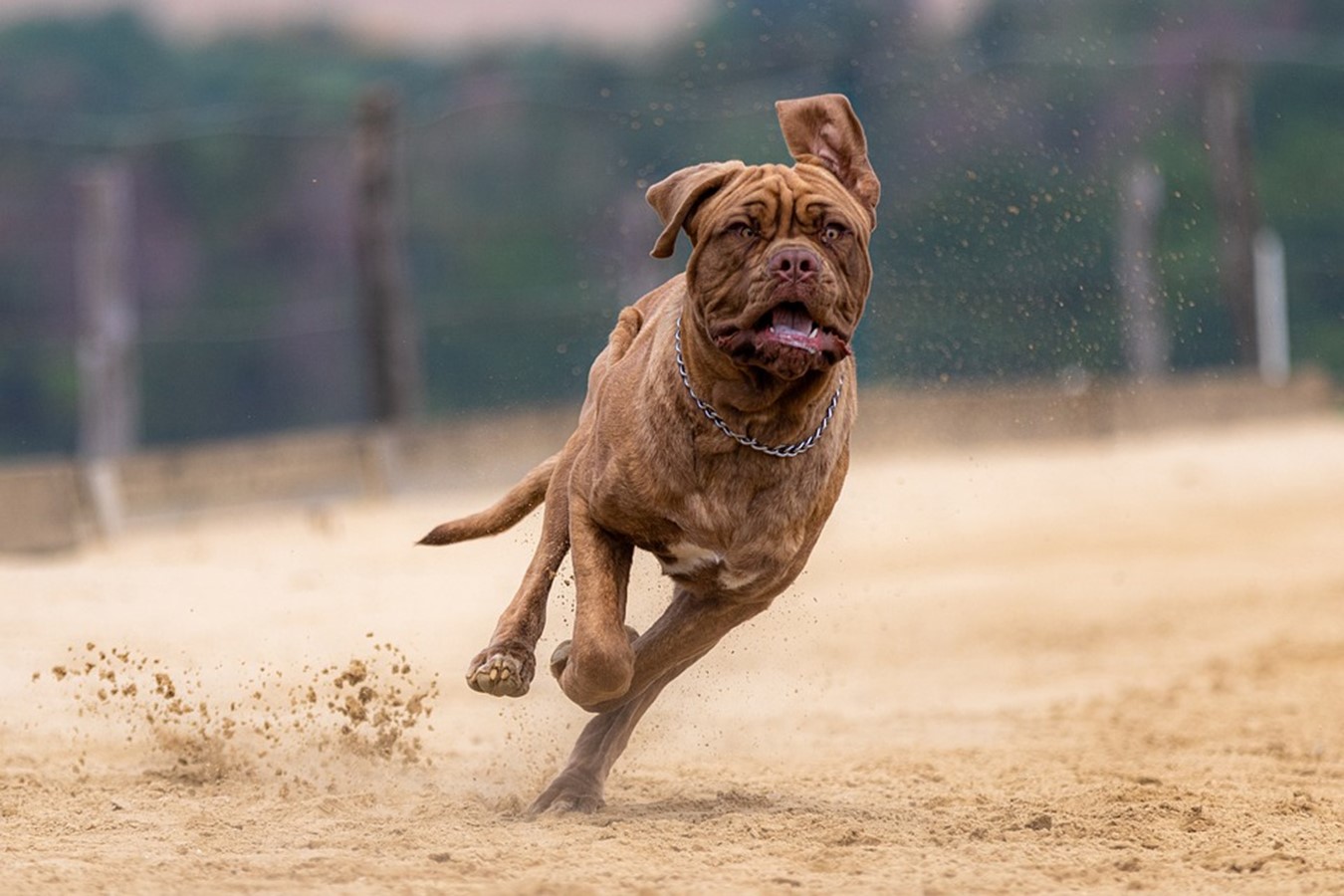CHAPTERS
Navigate to chapter
► Chapter One: Mastiff Physique and Temperament
► Chapter Two: Mastiff as Pets
► Chapter Three: Caring for a Mastiff
► Chapter Four: Mastiff Buying Advice
► Chapter Five: Mastiff Health and Caring Tips
► Chapter Six: Breeding Mastiff
► Chapter Seven: Mastiff Breed Rating
Chapter Two: Mastiff as Pets

The Mastiff breed is a smart dog and they are the kinds who like to please people. However, their training must begin as early as possible when they are still small and manageable. Their training should also be consistent and done in a fair way so that they will understand what is expected of them. Pups need to be taught the basics as soon as they arrive in your home, and once they’ve had all their quirks, it’s also a great idea to enroll them into training classes. Enrolling them in puppy class is not only a good way to socialize your pet but also a good way to start their training in a safe and controlled area while hanging around other dog breeds and people.
Are they a good choice for first time owners?
Mastiffs may not be the best choice for first time – keepers and are better suited for keepers who already have prior experience with keeping large breeds and know their specific needs bearing in mind that they hate being left alone for long periods of time so if you and your family are always out of the house every day, then Mastiffs are not the right breed for you.
Mastiffs are very clever, and highly trainable not to chase other smaller household pets. However, they may have a high prey drive if you don’t properly socialize them while they’re young. An untrained Mastiff usually chase after animals that attempts to run away so make sure that you properly introduced them around other animals and supervise them during their interaction.
Mastiffs usually have a playful side and they love playing games with their keepers. Puppies should also be taught to place nicely so that when they grow up they will be well – mannered otherwise since they grow large and strong, they could easily knock someone if playtime becomes too rough and that’s not good if you have toddlers.
Mastiffs are large dogs, which means they need to have a spacious area to express themselves. This is why they are not suitable pets for those who are living in apartments. They will be much comfy and happier if they live in large homes with gardens or backyard that they can roam around whenever they want.
What about separation anxiety?
As mentioned earlier, these dogs form strong bonds with their owners are not happy when left alone for long or even short periods of time. As such, they are better suited to keepers who can stay at home with them.
Mastiffs are not the barker type of dog but it doesn’t mean that a dog won’t be quick off the mark to let their keeper know that they don’t like whatever is going on around them especially if they are around strangers. But of course, if you left them alone for long periods of time, they will eventually start a barking behavior as a way of showing you that they are not happy with their situation.
Mastiff dogs know how to swim so they’ll surely enjoy if you take them to nearby lakes, or beach, or if you have a swimming pool. They will love it especially if the climate is hot. However, if your pet Mastiff don’t particularly like water, then don’t force them to go otherwise, you’ll end up scaring them. With this said, care should always be taken if you decide to walk your pet off its leash especially if it’s near dangerous water courses because if your pet decides to leap in, they may not be able to get out on their own.
These dogs are natural guard dogs, thanks to their sheer size and imposing look. Those qualities alone are enough to put most burglars away especially if they are guarding a house or property. A well – bred Mastiff dog usually are protective of their homes and families but they don’t show their aggressive side when they’re with the people they love. Mastiffs need to be trained to be able to function as a watch dog because if not they might become dominant and show aggressive behaviors which should be avoided at all cost.
Training sessions are usually kept short, and this should be the same when you do it at home. It should also be interesting otherwise a pup will quickly lose their focus just like kids. If you do longer and repetitive trainings, it will be harder for your pet to keep their attention to you and what is being asked of them. Mastiffs are quite sensitive pets, and they don’t respond well to any sort of harsh correction if they fail you. Positive reinforcement is best for them and giving them treats as they learn is still the best ways to make them learn.
Continue Reading…
Want to read the entire thing?

